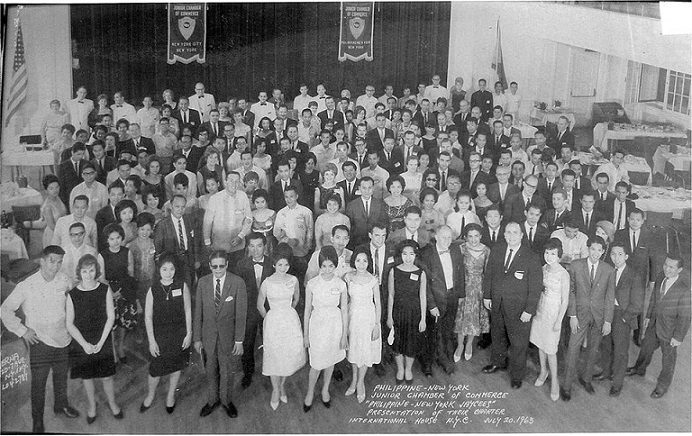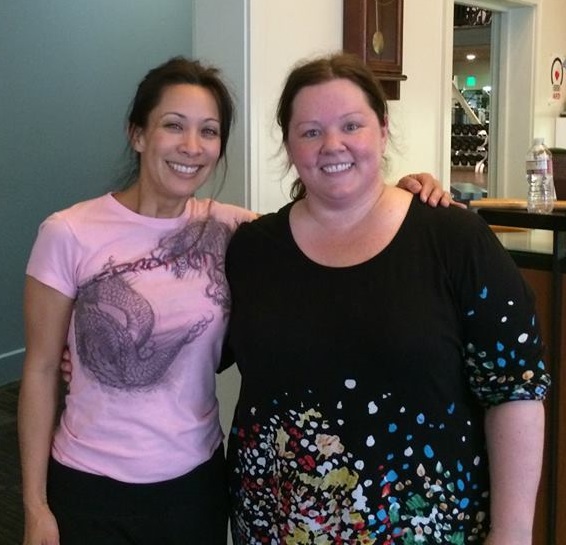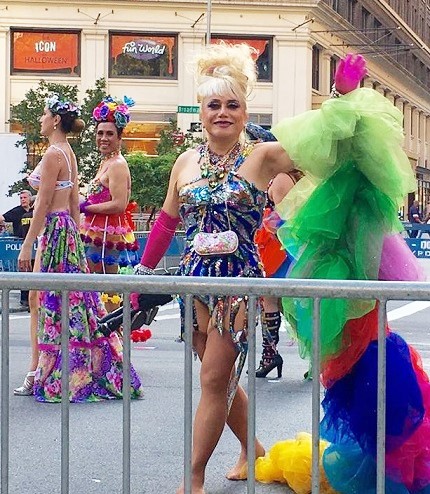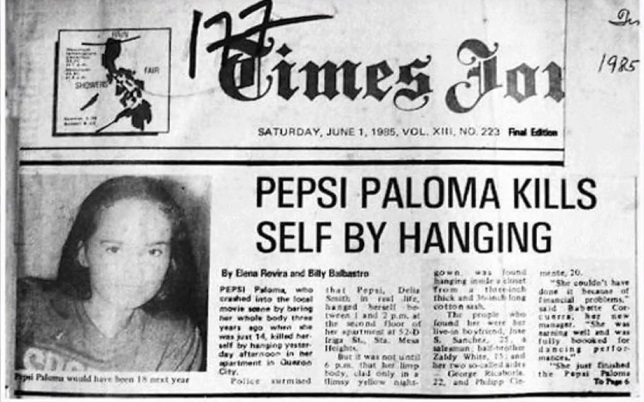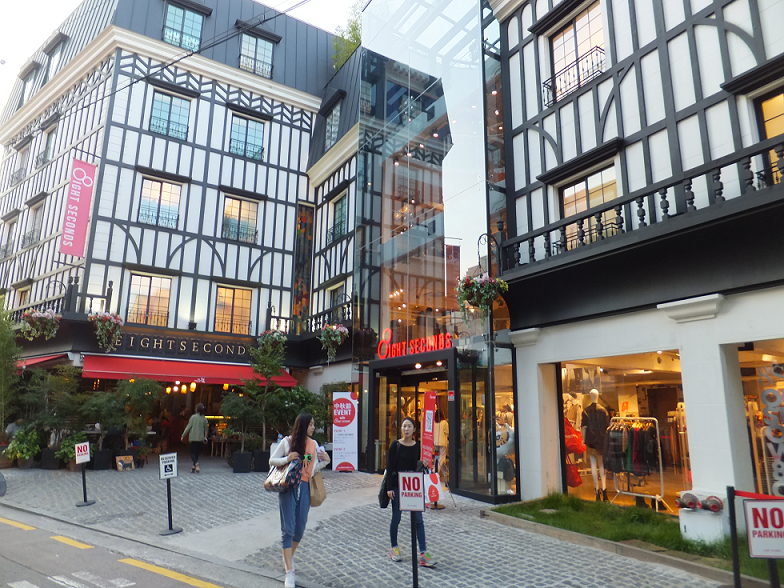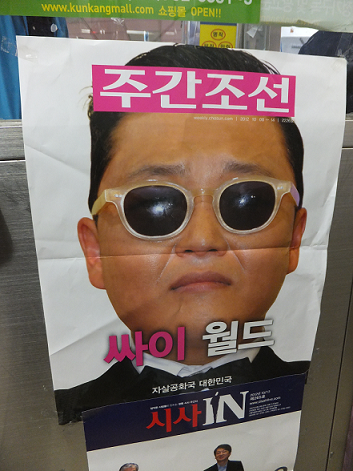Gangnam: Not gangster rap but Korea’s Fifth Avenue
By Cathy Rose Garcia
The FilAm Exclusive
SEOUL, South Korea – By now, everyone knows “Gangnam Style,” the infectious beat and kooky invisible horse dance that took the world by storm.
On my recent visit to Seoul, I saw just how big the Korean rapper Psy has become. Koreans are very proud of Psy’s success. His face is plastered on magazines and newspapers, which carry stories about how Gangnam has taken over the world.
Hyemin Lee, a graduate student, said she was happy that Americans are taking notice of Psy and K-pop. “Maybe Psy will just be a one-hit wonder in the U.S., but in Korea, he will always be a star,” she said.
There are some who aren’t happy with what Gangnam is telling the world about Korea. In his column, The Korea Times managing editor Oh Young-jin takes issue with Psy’s “vulgarity.”
“I thought Psy was supposed to act as a launch pad to help the world appreciate more genuinely Korean culture and more mainstream artists but he has outgrown that role and threatens to represent the core values of Korea that he is not… But Psy’s problem and, by extension, that of “Gangnam Style,” is that his whole gig is built on a falsehood. There are few elements about him and his song that can be regarded as Korean,” Oh said.
Psy’s video – with about 470 million views on YouTube — is a satire of the whole Gangnam lifestyle. It’s about a guy wooing this girl whose image is really different from what she is. Psy says it’s all about dressing classy and dancing cheesy.
I knew Psy would become a star, but he would not be on my list of Korean stars who could make it big in the U.S.
A few years ago when I was working as a journalist in Seoul, I had the chance to watch concerts where Psy was one of the performers. After some boy bands and girl groups performed, Psy came on stage with such a swagger that I remember thinking, “What’s this ajeossi (Korean for middle-aged man) doing in a K-pop concert?” But once he grabbed the mic, everyone in the stadium leapt to their feet, dancing and screaming their lungs out. Pretty soon, I was jumping with the rest of the crowd, caught up in his wildly energetic performance.
Korean entertainment companies have been desperately trying to export K-pop stars like Rain, Wonder Girls and Girls Generation to the U.S. Rain managed to make two not-so-successful Hollywood movies, while Wonder Girls opened for Justin Bieber, and Girls Generation appeared on Letterman. Unlike Psy, they barely made a dent in American pop culture.
But can Psy become more than just the Gangnam guy?
I’m reminded by his appearance on the Ellen DeGeneres Show, where Ellen didn’t even bother asking him any questions and immediately asked him to teach Britney Spears the dance. Even worse, someone from TMZ had the gall to compare Psy — who already had six hit albums in Korea — with William Hung, that joke of a contestant from “American Idol.”
Despite the popularity of “Gangnam Style,” not many know about Gangnam, the place which inspired the song. Surprisingly, some English speakers still think the song is about gangs or gangsters.
Literally meaning “south of the river,” Gangnam is the most affluent district in Seoul. Compared to gritty “old Seoul” north of the Han river, Gangnam is a glossy and modern district with wide roads, high-rise buildings and luxury shops.
Home of Korea’s new rich, Gangnam represents the success story of Korea’s economy.
“Prior of Korea’s Economic Miracle beginning in the 1960s, Gangnam was nothing more but rice paddies. From the 1970s, however, the government and developers moved into the area with a vengeance, building it up into a residential and commercial district to flaunt the country’s growing wealth,” author Robert Koehler said in his book “Seoul.”
I lived in Seoul’s northern part, not Gangnam, for six years and I always wondered why some Koreans were always asking me where I lived. It was always a wonder why some made it a big deal that they lived in Gangnam. After finding out the average cost of an apartment in the area, I would probably be telling everyone I lived in Gangnam too.
Gangnam boasts of having the most expensive real estate in Seoul. According to Businessweek, about 1 percent of Seoul’s population lives in Gangnam and the average apartment in the area costs about $716,000. In short, saying you lived in Gangnam is the quickest way to tell people you have money.
When I visited a friend’s apartment in Apgujeong a few years ago, I was amazed to find out it cost around $1 million, even though it looked like the apartments I’ve seen in buildings north of the river. My friend shrugged about the price saying, “We’re paying for the price of a Gangnam address.”
In Gangnam, perhaps the poshest enclaves are Apgujeong and Cheongdam. A stretch of road in Cheongdam is lined with flagship stores of Louis Vuitton, Gucci, Cartier and Prada. These flagship stores are usually half-empty, compared with the long lines outside the branches inside Korean department stores. And just a stone’s throw away, you can find stores selling second-hand Chanel bags and Ferragamo flats at discounted prices.
The people in Gangnam’s streets are well-groomed, dressed in designer duds and spend money like there’s no tomorrow. Whenever I used to visit Gangnam, I always made sure to dress up more, bring a designer purse and a credit card. Looking like you have money is perhaps key to getting good service at the shops and restaurants.
Gangnam has some of the most expensive shops, cafes, restaurants and clubs, as well as beauty salons and plastic surgery clinics. Plastic surgery is big in Korea, and tourists are even coming here to get the eyes, nose or cheekbones of their favorite Korean stars. I’m sure I’m not alone in saying Gangnam always felt a bit pretentious and snobby, which is why watching Psy skewer the Gangnam lifestyle is fun.
Unfortunately, the song has become so popular that it is now being used to promote the same thing it is supposed to be making fun of. A leading Korean department store even used “Gangnam Style” for its fall campaign. O ya.
Cathy Rose Garcia is deputy editor for business and global Filipino at ABS-CBNnews.com. She was a culture and business reporter for six years at The Korea Times, the country’s oldest English language daily.



